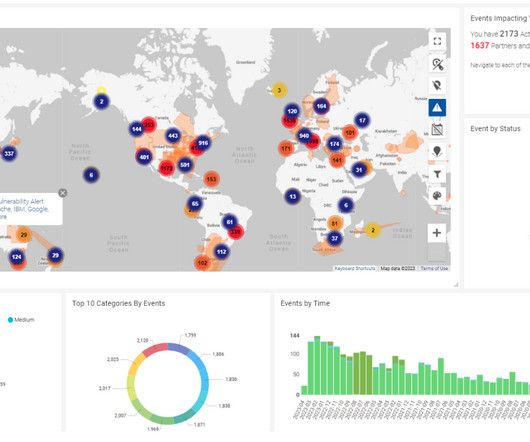The Changing Face of Manufacturing: How US Manufacturers are Looking Homeward
GlobalTranz
JANUARY 12, 2015
This is the first post in a two part series on the “Changing Face of Manufacturing.” ” We have many manufacturing shipper customers, and we love to create content of value for them on such subjects as best practices in logistics or trends around the supply chain. Drop in the price of crude oil.
















Let's personalize your content